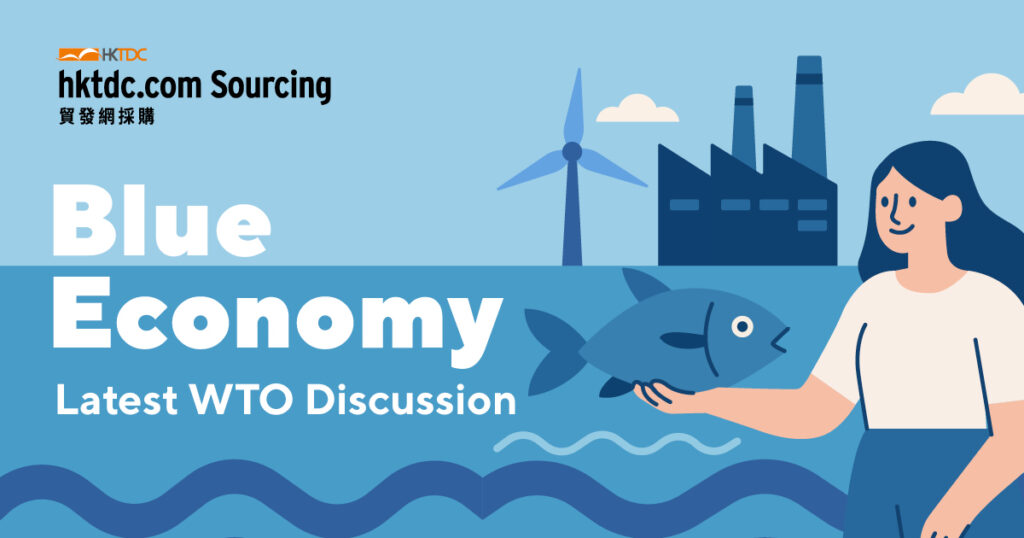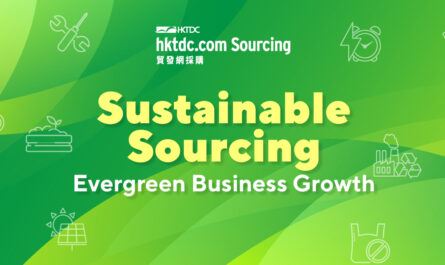WTO Director-General Ngozi Okonjo-Iweala, speaking at the UN Ocean Conference, highlighted the crucial role of trade — and by extension, businesses — in ensuring the sustainable use of ocean resources. Key points relevant to global buyers and suppliers include:
Key Changes for Buyers and Suppliers: Fisheries Subsidies, Decarbonization, and Sustainable Sourcing
1. Blue Economy Opportunities
- The blue economy is valued at over USD 2.6 trillion annually.
- Over 3 billion people depend on oceans for their livelihoods — making sustainable ocean trade essential for both suppliers and buyers.
2. Sustainability Is Non-Negotiable
- Oceans are under threat from climate change, biodiversity loss, and marine pollution, including plastics.
- “Business as usual is not an option.” Buyers and suppliers need to align with sustainable practices as market and regulatory expectations shift.
3. Trade as a Driver for Decarbonization
- The WTO is working to reduce trade barriers for environmentally friendly goods, services, and maritime technologies.
- Global buyers and suppliers should prioritize low-carbon and sustainable products in sourcing and supply chains.
4. Fisheries Subsidies Agreement
- The WTO’s Agreement on Fisheries Subsidies (adopted June 2022) is close to entering into force.
- Eliminating harmful fisheries subsidies will impact supply chains — especially for seafood and marine products. Suppliers should anticipate stricter compliance and transparency requirements.
5. International Collaboration and Support
- Initiatives like the WTO Fish Fund support developing countries in implementing sustainable practices.
- Buyers sourcing from developing regions may see increased support for sustainability upgrades.
6. Upcoming Events & Continued Dialogue
- Ongoing forums and side-events (e.g., “Sustainable fisheries: The role of trade from oceans to plate”) will shape future standards and expectations.
- Stay informed on evolving regulations and best practices.
Source: World Trade Organization






